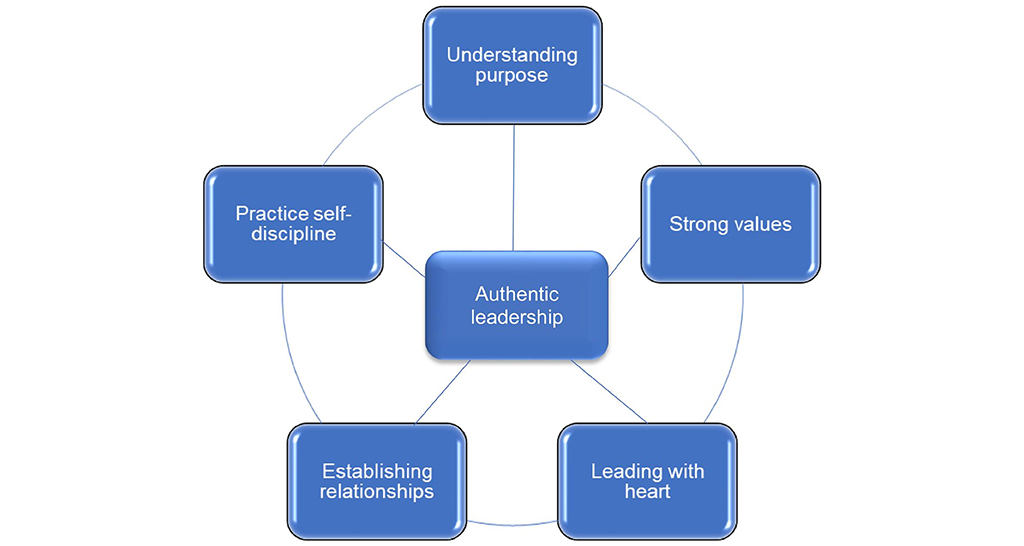Leadership is often overlooked or underestimated, which is crucial for organizational or community success. An effective leader not only motivates and inspires their team but also sets an example for how to navigate challenges and achieve goals. In this blog, we will explore the concept of authentic leadership and how it can help individuals become influential leaders.
Defining Authentic Leadership
Authentic leadership is a leadership style that emphasizes honesty, transparency, and self-awareness. It involves being true to oneself and one’s values while encouraging others to do the same. Authentic leaders are fearless in admitting their mistakes and taking responsibility for their actions, which earns them the trust and respect of their team members.
The Benefits of Authentic Leadership
Authentic leadership can have a profound impact on organizational culture and team dynamics. When leaders are authentic, team members are more likely to feel valued and heard, which increases their engagement and commitment to the organization’s goals. Authentic leaders also create a more positive and inclusive work environment where everyone feels welcome and supported.
Authentic leadership can bring numerous benefits to an organization, such as increased employee engagement and motivation, improved communication and collaboration, and a positive work environment. When leaders are authentic, they create a culture of trust and respect where employees feel valued and heard.
One of the most significant benefits of authentic leadership is increased employee engagement. Authentic leaders try to understand their team members’ needs and aspirations and create opportunities for them to develop and grow. This, in turn, fosters a sense of ownership and commitment among employees, as they feel that their contributions are recognized and valued.
Authentic leaders also tend to be more transparent and open in their communication, which leads to improved collaboration and teamwork. They create a sense of shared purpose and direction by sharing their vision and goals with their team members. They also encourage their team members to voice their opinions and ideas, which leads to more innovation and creativity.
Another benefit of authentic leadership is the creation of a positive work environment. Authentic leaders tend to be empathetic and compassionate, which creates a supportive and inclusive workplace culture. They are also more likely to create a work-life balance and prioritize the well-being of their team members, which leads to increased job satisfaction and retention.
Finally, authentic leadership can also positively impact the organization’s bottom line. Engaged, motivated, and supported employees are more productive and committed to achieving the organization’s goals. This leads to higher customer satisfaction, improved quality of work, and increased profitability.
Characteristics of Authentic Leaders
Several key characteristics are commonly associated with authentic leaders, including self-awareness, humility, empathy, and integrity. Authentic leaders are aware of their strengths and weaknesses and are not afraid to seek feedback or advice from others. They are also humble enough to admit when they don’t know something and strive to understand others’ perspectives and experiences. Above all, they maintain a strong sense of integrity and ethics in everything they do.
How to Develop Authentic Leadership Skills
Authentic leadership only comes naturally to some but can be developed with practice and intention. One of the best ways to cultivate authentic leadership skills is to focus on self-awareness and reflection. Take time to understand your values, beliefs, and biases and consider how they influence your leadership style. Seek feedback from others and be open to constructive criticism. Finally, practice leading with authenticity by being transparent, honest, and true to yourself in all your interactions with others.
Conclusion:
Authentic leadership is more important than ever in today’s rapidly changing world. By leading with honesty, transparency, and self-awareness, individuals can create a positive and inclusive work environment that fosters collaboration, innovation, and growth. If you want to become an effective leader, start by cultivating your own authentic leadership skills and setting an example for others to follow.






